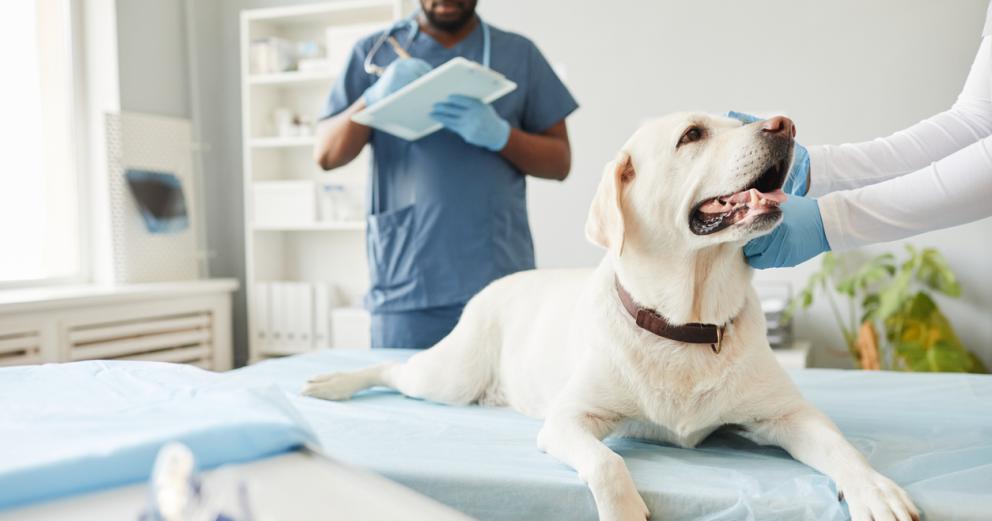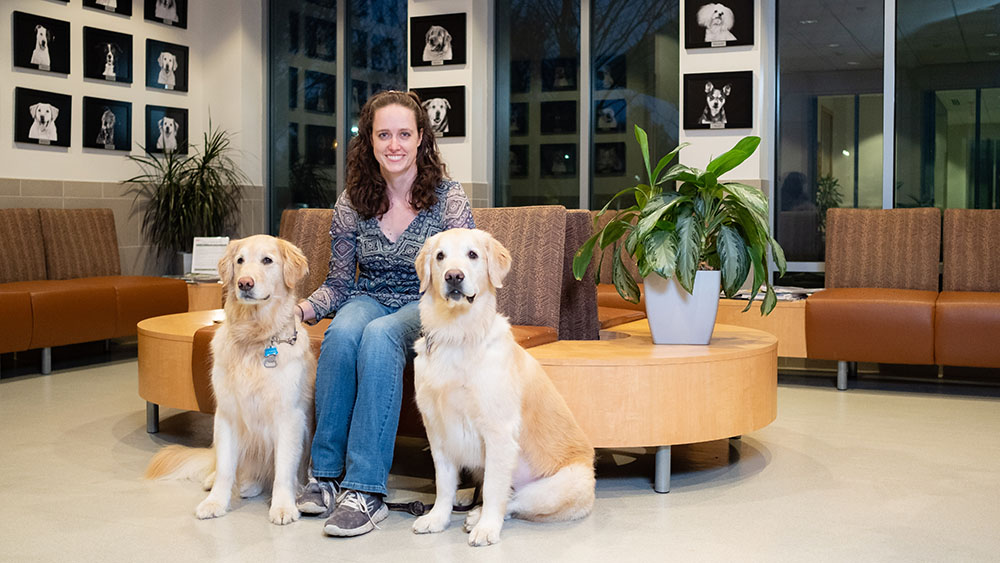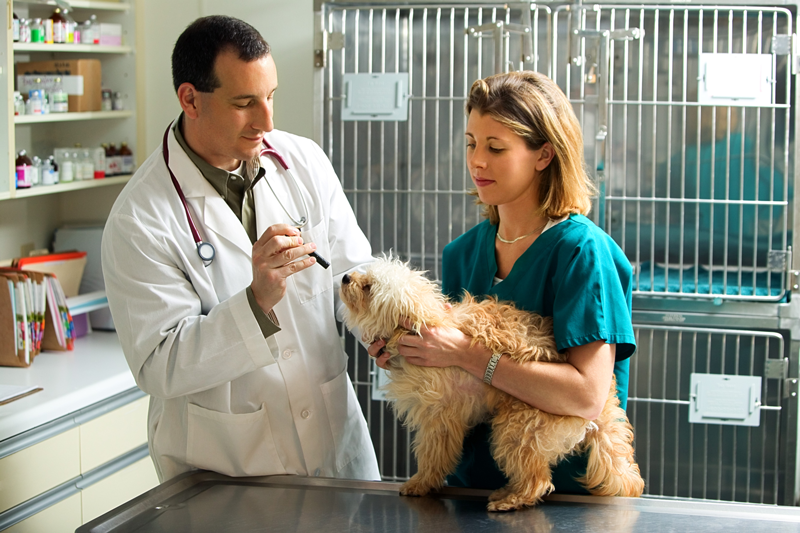When we think about the health and well-being of our pets, our minds often focus on the basics: feeding, grooming, and providing love and attention. However, one of the most critical aspects of maintaining a pet’s health—an aspect that is sometimes overlooked—is regular veterinary care. Veterinarians are much more than just doctors for animals; they are the guardians of our pets’ health, playing an essential role in diagnosing, treating, and preventing a wide range of medical conditions. From routine check-ups to life-saving surgeries, veterinary professionals are integral to the overall well-being of our beloved animals.
In this article, we will explore the significant contributions veterinarians make to animal health, the importance of preventive care, and how to ensure your pet receives the best care possible. By understanding the vital role veterinarians play, we can better appreciate the responsibility of pet ownership and the lasting bond we share with our pets.
The Veterinary Profession: More Than Just Pet Doctors
At its core, veterinary medicine is dedicated to the health of animals, both domesticated and wild. Veterinarians are trained professionals who, much like human doctors, possess specialized knowledge and skills to diagnose, treat, and prevent diseases in animals. Their expertise spans a wide range of areas, including general practice, surgery, dentistry, dermatology, cardiology, and even behavioral health. In essence, they are well-rounded medical professionals capable of handling everything from routine wellness exams to complex surgeries.
The education and training required to become a veterinarian are extensive and rigorous. Aspiring vets typically undergo four years of undergraduate education, followed by another four years of veterinary school, where they gain hands-on experience in treating animals. Afterward, they may further specialize in particular areas, such as surgery, dermatology, or internal medicine. This advanced training equips veterinarians to handle the diverse and often complex medical issues that arise in the care of animals.
While many veterinarians work in private practices, treating common pets like dogs, cats, and rabbits, others work in specialized fields or larger organizations such as zoos, research institutions, or public health agencies. These professionals work not only to protect the health of pets but also to address broader public health concerns, including the prevention of zoonotic diseases (those that can be transmitted between animals and humans), and conservation efforts aimed at endangered species.
Preventive Care: The Cornerstone of Veterinary Health
One of the most valuable services that veterinarians provide is preventive care. Much like humans, animals benefit from regular check-ups that help detect potential health issues before they become serious. Routine visits to the vet allow for early diagnosis of conditions that may not yet show symptoms, such as dental disease, heart murmurs, or even cancer. This early intervention can make a significant difference in the outcome of treatment and the overall quality of life for the animal.
Preventive care generally includes annual or semi-annual wellness exams, vaccinations, parasite prevention, and dental check-ups. During a routine exam, the vet will assess the animal’s general health, perform diagnostic tests if necessary, and discuss any concerns the pet owner may have. Regular check-ups also ensure that vaccinations are up-to-date, protecting the animal from a variety of potentially serious diseases, such as rabies, distemper, and parvovirus in dogs, or feline leukemia and calicivirus in cats.
Parasite control is another crucial aspect of preventive veterinary care. Fleas, ticks, heartworms, and intestinal worms can all affect pets, leading to a host of health problems, from mild discomfort to severe illness. Your veterinarian can recommend appropriate parasite preventatives tailored to your pet’s age, breed, and lifestyle, helping to keep these pests at bay.
Another key component of preventive care is dental health. Many pet owners are unaware of the importance of regular dental check-ups for their pets. Dental disease is one of the most common health issues in pets, affecting not only their teeth and gums but also their overall health. Left untreated, dental disease can lead to pain, difficulty eating, and even systemic issues like heart disease. Veterinarians can provide professional dental cleanings, as well as offer advice on home dental care, such as brushing your pet’s teeth or using dental treats.
Emergency and Specialized Care: When Things Go Wrong
While preventive care is essential, emergencies and medical conditions can arise unexpectedly, requiring immediate and specialized veterinary attention. Accidents, injuries, infections, and chronic illnesses can all strike without warning, and having access to a veterinarian with the right expertise can be a matter of life or death.
Veterinary clinics are equipped to handle a wide range of emergencies, from broken bones and burns to poisoning and seizures. Many veterinarians are trained in emergency care and are prepared to act swiftly to stabilize a pet’s condition and determine the best course of treatment. For more serious conditions, such as cancer or complex surgeries, some pet owners may be referred to a veterinary specialist. These professionals have advanced training in specific areas, such as oncology, neurology, or cardiology, and can provide more targeted treatments for complex medical issues.
Veterinarians also play a crucial role in managing chronic conditions, such as diabetes, arthritis, and heart disease, which require ongoing treatment and monitoring. A pet with a chronic illness may need regular check-ups, medication adjustments, and specialized care to maintain their quality of life. Veterinarians help pet owners navigate these challenges, providing guidance on everything from dietary changes to pain management strategies.
Behavioral Health: Understanding Your Pet’s Needs
In addition to physical health, veterinarians are also experts in understanding the mental and emotional needs of animals. Many pets experience anxiety, stress, or behavioral problems that can impact their overall well-being. Veterinarians are trained to assess these issues and recommend appropriate treatments, whether it’s medication, behavioral therapy, or environmental changes.
Common behavioral issues such as separation anxiety, aggression, and excessive barking or meowing can sometimes be rooted in underlying medical problems. A veterinarian can help identify whether a behavioral issue is related to physical pain or illness and guide pet owners on the best way to address these concerns. In some cases, a veterinary behaviorist, who specializes in animal behavior, may be consulted to create a tailored plan for managing more complex issues.
The Emotional and Ethical Aspects of Veterinary Care
The relationship between pet owners and their animals is often deep and emotionally fulfilling, and the role of the veterinarian extends beyond just medical care. In many cases, veterinarians become trusted partners in the pet-owner journey, providing advice, empathy, and support. This emotional connection can be especially evident during difficult times, such as when a pet is facing a terminal illness or end-of-life decisions.
Veterinarians are trained to handle the delicate nature of euthanasia, a decision that many pet owners must face at some point. The process involves not only assessing the pet’s medical condition but also offering compassionate support to the family. The goal is always to prioritize the animal’s comfort and dignity, ensuring that the decision is made with both the pet’s and the family’s best interests in mind.
The emotional toll of veterinary care should not be underestimated. Veterinarians often develop strong bonds with the animals they treat and can be deeply affected by their patients’ suffering or passing. This emotional aspect of the profession underscores the importance of support systems for veterinary professionals, as they balance the demands of their work with the emotional challenges that come with it.
Conclusion: The Lifelong Commitment to Animal Health
Veterinary care is fundamental to the health and happiness of our pets. Veterinarians are much more than just animal doctors—they are partners in safeguarding the well-being of our beloved companions. Through preventive care, emergency intervention, and specialized treatments, they ensure that our pets live long, healthy, and happy lives.
As pet owners, it is our responsibility to recognize the importance of regular veterinary visits and to advocate for our pets’ health. Whether it’s a simple wellness check-up, an urgent medical need, or behavioral counseling, veterinary professionals are there to guide us through every stage of our pets’ lives. In turn, our pets repay us with boundless loyalty and affection, reminding us daily of the precious bond we share with them. By providing our animals with the highest standard of care, we ensure that they can live their lives to the fullest, experiencing all the love and joy they bring into our homes.









